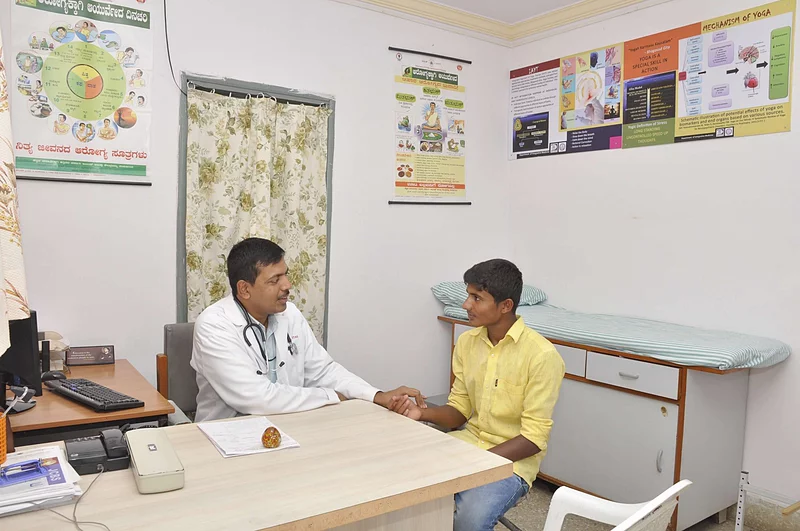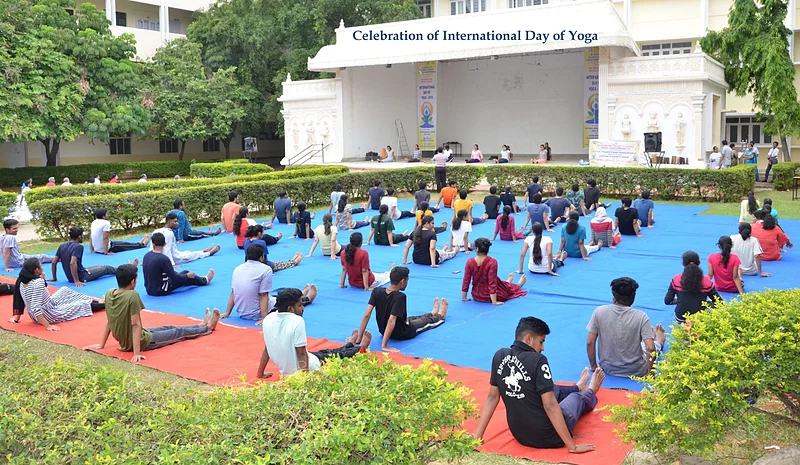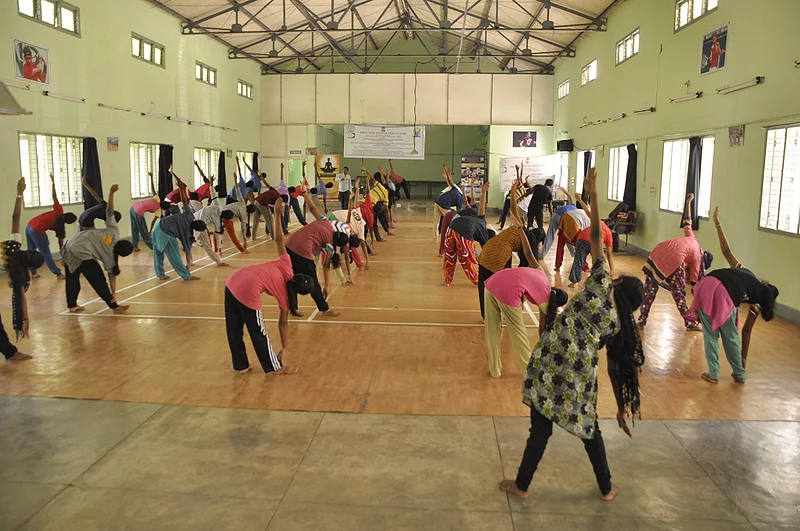Overview
Unlike Medicine which is mainly concerned with the treatment of disease in sick individuals, Public Health is the art and science of preventing disease, promoting health, and maintaining the health of the population. The health of people is not only determined on health care services but also on human behavior, nutrition, physical and biological environment, social and economic conditions, genes, etc. Hence the science of public health is interdisciplinary in nature and involves the study of various disciplines such as epidemiology, biostatistics, demography, medicine, microbiology, nutrition, biochemistry, genetics, social and behavioral sciences, and management sciences.
Public Health personnel typically are involved in assessing the health status of the population and in planning, implementation, and monitoring of programs to improve people’s health. They study disease epidemics and take measures to control them. They work at administrative and managerial levels in health organizations of Government, Private, NGO’s, and International agencies like WHO, UNICEF, etc. They are also employed in health research agencies and in academic institutions of Public Health.
Vision
To be a center of excellence in the field of Public Health Training and Research.
Mission
- To prepare professionals in the field of Public Health who can plan, monitor, implement and evaluate need based health care services to the community, which is based on sound scientific principles.
- To prepare public health professionals who shall be able to manage health systems and health programmes in public, private and voluntary sectors and in International agencies.
Objectives
- To prepare Public Health professionals who will be able to understand the multiple determinants of health including social and cultural determinants
- Will be able to make a community diagnosis of health problems and plan and implement strategies to mitigate these problems
- Will be able to apply the knowledge and skills of management to health care programmes
- Can contribute to health policy development and to evaluate its impact on community health.
- Will be able to develop leadership qualities necessary for public health administration
- Will be able to effectively educate communities on health problems and evaluate such activities
- Will be able to undertake health research and be able to use the health data in planning, monitoring and evaluating health care services
- Will be able to teach the principles and practice of public health discipline to health care personnel in the academic and service sector
Location
2nd floor,
Community medicine block
Sri Devaraj Urs Academy of Higher Education and Research,
Tamaka, Kolar – 563101,
Karnataka, India.
Program
Master of public health
Eligibility Criteria
Medicine / Dentistry/ AYUSH/ Veterinary Sciences/ Life Sciences/ Nursing/ Physiotherapy.
Biostatistics/ Demography/ Population Studies/ Nutrition/ Sociology/ Psychology/ Anthropology/ Social work.
A Pass in Bachelor courses or other equivalent qualifications as approved by SDUAHER. With a minimum of second class securing at least 50% of the aggregative marks or in an examination recognized as equivalent there to for all the subjects and in case of SC/ST; the minimum marks would be 40% as eligibility criteria.
Seat Matrix
Seat Intake- 06
Reservation Policies (if any)
Reservation for SC/ST; the minimum marks would be 40% as eligibility criteria
Fee Structure
Annual Tuition fees- Rs 50,000
Total Course duration
2 years 4 semesters



